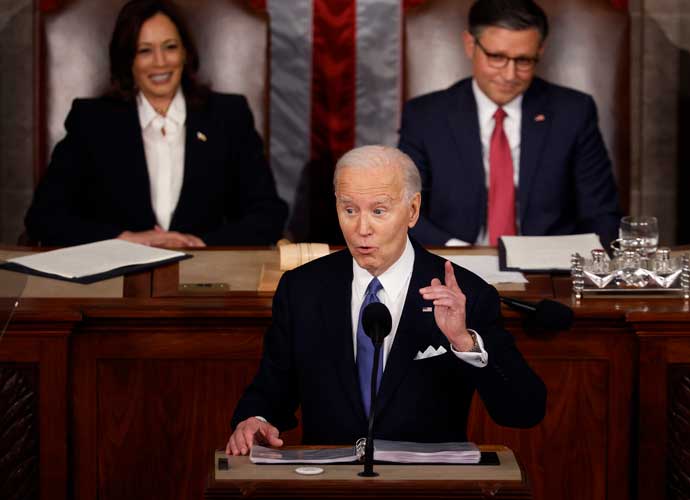Danièle Delpeuch Video Interview On ‘Haute Cuisine,’ François Mitterand
Danièle Delpeuch, the first female chef for a President of France and the inspiration for the film Haute Cuisine, got a rare gimpse into the workings of the highest levels of government. “The most interesting part at the palace, in fact, is the life of the President, with his guests of honor, with the heads of state when they are in France, with the people he wants to receive,” Delpeuch told Uinterview exclusively. “This gives you the best occasion to make good food, to please the boss.”
In the film, Catherine Frot (pictured) plays Delpeuch as she struggles to serve the French President classic French fare at the palace dominated by sexist male chefs. “Good cooking has no preference of this battle, it means nothing,” she told Uinterview. “Gender in an artist’s work… I’m not interested.”
It was like that and maybe worse, before, you know? The kitchens, they've made a lot of progress, but it's true that kitchens are a very stressed place where you have very difficult moments. And I can understand that everybody reacts with their own personality. And chefs, chefs are on the top, on the top of the organization. If somebody makes a small mistake at a [lower] level, it makes a disaster at the top. So usually the top chefs are quite strong, they yell, for the most [part], and they are men, I mean, it's a way for them to show their strength. That was certainly the case when I worked there. But with the film, I realized, 'These people should be offended.' Because the most interesting part at the palace, in fact, is the life of the President, with his guests, with his guests of honor, with the heads of state when they are in France, with the artists, with the people he wants to receive. This gives you the best occasion to make good food, to please the boss. And suddenly, a woman just was installed in a kitchen, and she has nothing to do with [the fellow kitchen staff], and she wasn't supposed to speak with them. At first they wanted to boss her but very, very soon, [the movie character] Hortense, like myself... I went to the President and said, 'I'd love to do my own market,' and he said 'Sure!' So as long as he was saying that, nobody was looking in my refrigerators any more and the film made me understand that she was offended. I was not like that when I was there, to tell the truth.
The idea here is [a relationship characterized] by confidence and distance, and so it was.
Good cooking has no preference of this battle, it means nothing. It's nothing. Some men are great cooks, some women are great cooks, and both sides have awful people. Gender in an artist's work...I'm not interested, I think it's nonsense.
Be modest. Don't wait to use something else. No, no, no, with ingredients I mean. Being modest is the key. Everything is invented, was invented already. It's here. It's like a huge market. Choose a basket. Just take in it ideas, dreams, and cook.
The producer who wrote part of the script said, 'We have to put in a lot of truffles if we want Danièle to be happy with the script' [laughs], so that's why they put a lot of truffles in the script. And you know the moment with the slice of bread, spread with the butter truffles and truffles on the top? That's a good moment.
RELATED ARTICLES
Get the most-revealing celebrity conversations with the uInterview podcast!







Leave a comment